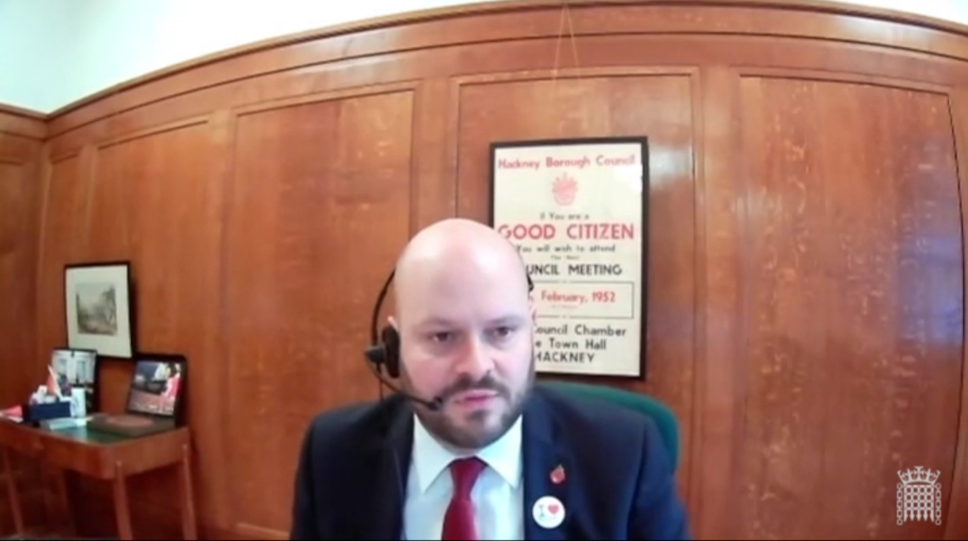
Give local authorities greater role in promoting biodiversity, Mayor tells MPs
Local authorities must be given a greater role in promoting biodiversity in new developments, the Mayor of Hackney has warned as he gave evidence at the Environmental Audit Committee yesterday.
Speaking as part of the Committee’s inquiry on biodiversity and ecosystems, Philip Glanville urged the Government to commit to ensure that proposed new biodiversity credits stay in local areas.
The Government’s current proposals in the Environmental Bill set national targets for improving biodiversity in new developments - for example, through living roofs and biodiversity surveys.
However, where biodiversity improvements cannot be delivered on site, the current proposals do not require that developers provide funding to be spent in the local area, where the impact of development and potential effect of biodiversity loss is felt most.
During the evidence session the Mayor said: "My concern and the LGA’s concern is where we land with the Government's White Paper around Planning is: do we still have that crucial role with planning permission and the planning authority, not just in designating zones but actually looking at individual developments and whether they meet biodiversity objectives? Otherwise, if it is just a national framework, I don't think you are going to see the type of gain that we need to see."
The Mayor raised concern that the Government’s proposed planning reforms represented a "withering role for planning authorities" with no "clear aspiration for biodiversity", particularly with the proposal for 'growth' areas where developments do not need planning permission.
He outlined that without the planning process, it was "not clear where the debate about biodiversity in developments would take place".
Hackney Council is committed to doing everything it can to protect wildlife and enhance biodiversity, through:
- A new Green Infrastructure Strategy being developed in partnership with the GLA that identifies options to increase the resilience of the borough and inform further policies in urban greening and biodiversity net gain
- Making biodiversity a key part of its planning policies - including by committing to an overall net gain in biodiversity, and making living roofs, swift boxes and biodiversity surveys a requirement on major developments
- Planting over 35,000 new trees in the borough by 2022
- A Local Nature Recovery Plan for Hackney, being prepared by the London Wildlife Trust, which will help ensure we protect and enhance biodiversity in the borough in the future
- Converting 2000 square metres of space on roads and pavements to rain gardens to improve sustainable urban drainage, helping to reduce the chances of urban flooding on the storm drain and sewer system as well as increasing wildlife diversity.
- Drastically reducing its use of herbicide, including by expanding a herbicide-free area in Homerton, removing weeds in town centres by hand, and changing the way it’s applied.
Watch the Mayor’s appearance at yesterday’s committee hearing.
We believe a truly local system is vital in guaranteeing the biodiversity net gain we all want to see in our communities.
This can only happen if these biodiversity credits are administered by local councils, unlocking real opportunities to work alongside residents and businesses to invest more in improving local biodiversity.
Philip Glanville, Mayor of Hackney
